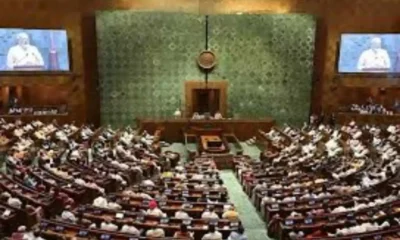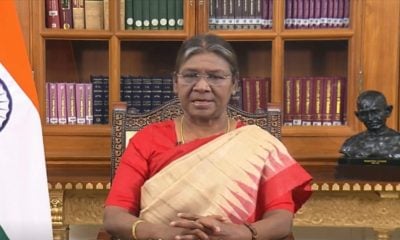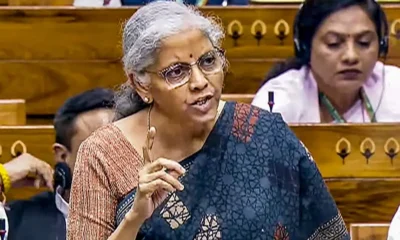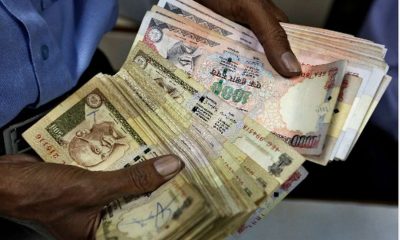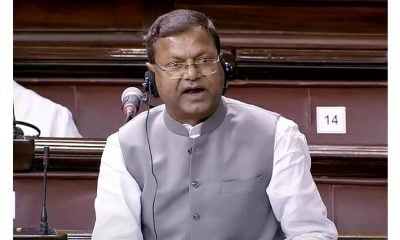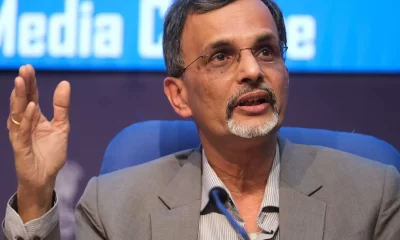[vc_row][vc_column][vc_column_text]Economic Survey points to the short-term costs which are visible and tangible
By Parsa Venkateshwar Rao Jr
In President Pranab Mukherjee’s address to the Joint Session of Parliament as the Budget Session kicked off on Tuesday, there was a passing reference to demonetisation, in Para 55, of the more-than-an-hour long and 80-paragraph speech. It seemed as though the government (the President’s address is written by the government) did not want to linger too long on the unpleasant fact of demonetisation.
But an hour after President Mukherjee’s speech and after Finance Minister Arun Jaitley laid the Economic Survey 2016-17 on the table of Lok Sabha, Chief Economic Advisor in the Ministry of Finance, Arvind Subramanian, took the floor at the National Media Centre, to explain to the media the salient points of the survey, which is the official assessment of the state of the economy of the year gone by.
The survey had to take the bulls by the horn as it were, and in this case the bull and its horns happen to be Prime Minister Narendra Modi’s November 8, 2016 announcement declaring that Rs 1,000 and Rs 500 notes will cease to be legal tender. Problems followed, and though the ordinary people bore with the acute inconvenience it had created which emboldened the Prime Minister to believe that the people will back his unpopular decision, the Economic Survey could not look away from the issue staring in the face of the economy.
While describing demonetisation in laudatory terms as “a radical governance-cum-social engineering measure”, and seeking to assess the short-term costs and long-term benefits of the move, the survey could not avoid noting that “the costs have nonetheless been real and significant” ; it also said, “The magnitudes of short-term costs remain uncertain, as do the timing and extent of long-term benefits.”
The survey also emphasises what needs to be done to cushion the hard-landing of demonetisation: “…remonetising the economy expeditiously by supplying as much cash as necessary, especially in lower denomination notes; and complementing demonetisation with more incentive-compatible actions such as bringing land and real estate into the GST, reducing taxes and stamp-duties, and ensuring that demonetisation does not lead to over-zealous tax administration.”
But then he places demonetisation as one of the many measures, including the passing of the GST Bill, the setting up of the Monetary Policy Committee (MPC) in the Reserve Bank of India to calibrate interest rates and to manage inflation, giving Aadhaar a legal basis by making the Unique Identification Authority of India (UIAI) a statutory body. The survey does not give demonetisation the status of a game-changer in itself.
In Chapter 3 of the survey, enticingly entitled “Demonetisation: To Deify or Demonise?” it offers a closer look at the decision. It says that “India’s demonetisation is unprecedented in international economic history” because “all other sudden demonetisations have occurred in the context of hyperinflation, wars, political upheavals, or other extreme circumstances. But the Indian economy had been growing at the fastest clip in the world on the back of stable macroeconomics and an impressive set of reforms. In such normal circumstances, demonetisations – such as the one announced recently in Europe – tend to be phased in gradually.”
And the survey tries to explain, if not explain away, demonetisation, in another way: “In the wake of the Global Financial Crisis (GFC), advanced economies have used monetary policy t stimulate growth, stretching its use to domains heretofore considered heretical such as negative interest rate policies and “helicopter drops” of money. In fact, India has given a whole new expression to unconventional monetary policy, with the difference that whereas advanced economies have focused on expanding money supply, India’s demonetisation has reduced it. This policy could be described as “reverse helicopter drop”, or perhaps more accurately a “helicopter hoover”.
It can be seen that the survey tries hard to understand and explain the inexplicable demonetisation move, and it has come to the hard conclusion that this would bring down the growth rate by one-fourth or one-half percentage points.[/vc_column_text][/vc_column][/vc_row]
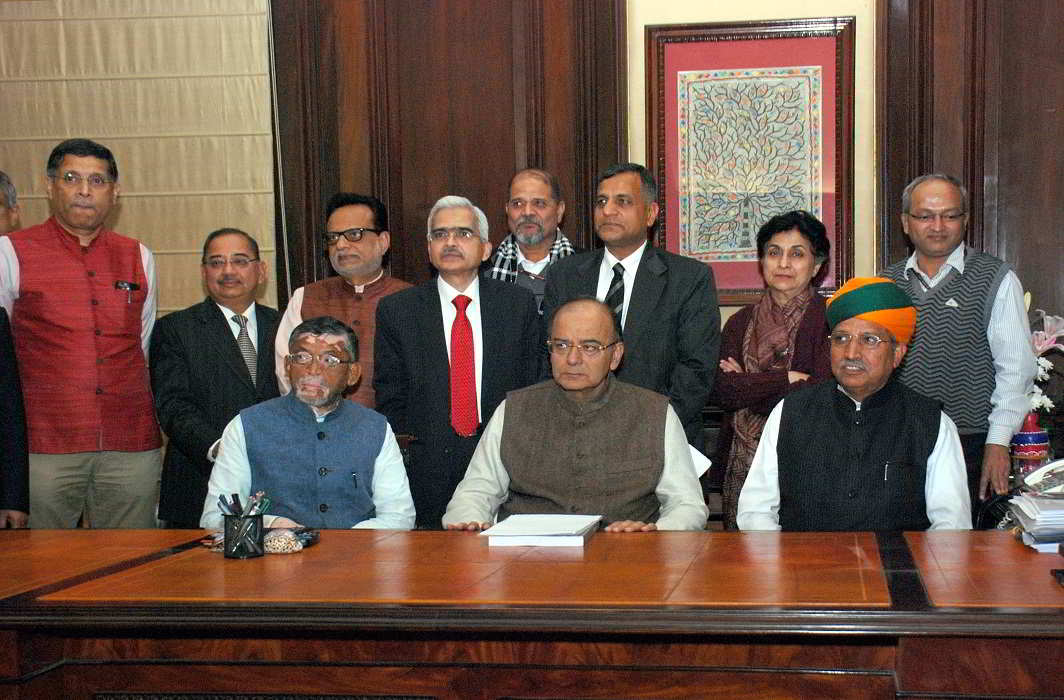

 India News15 hours ago
India News15 hours ago
 Latest world news15 hours ago
Latest world news15 hours ago
 Latest world news1 hour ago
Latest world news1 hour ago
 Latest world news58 mins ago
Latest world news58 mins ago
 India News47 mins ago
India News47 mins ago
 Latest world news32 mins ago
Latest world news32 mins ago
 India News18 mins ago
India News18 mins ago
